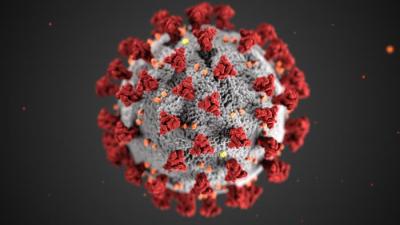Decision making is hard.
I often worry if I'm making a good decision, or a snap judgement.
Some people are quicker to judge, happy using info and instinct at their finger tips. Others prefer deep analysis and further research before coming to a conclusion. I get uncomfortable when forced to choose quickly, but sometimes I have to, and then I also have to live with the consequences. Whether that's buyer's remorse for buying the wrong thing, or backtracking after taking a wrong turn. Or perhaps simply revelling in the joy, success, or synchronicity of whatever happened next.
I often have to remind myself to make a decision, and keep moving. Breathe. It's ok to be wrong, and sometimes it's even amazing! (I love that)
Perceiving versus judging (J/P) is a common preference pattern documented by Carl Jung and popularised by Katharine Cook Briggs and Isabel Briggs Myers. Do you have this struggle too? Or are you more decisive? How do you deal with being wrong? Sometimes we're put in situations where we must make snap decisions. Relying on experience, memory, stories, and gut feelings helps when we don't have time to do enough research and analysis, or we don't have access to accurate, timely, and relevant information.
One of the reasons I feel so strongly that "Information wants to be free" comes from my own preference towards "P". We should all have free and easy access to the information we need when making important decisions.
And even when making simple decisions. "Is it likely to rain today?" That's a deceptively simple question. But let's ask a few others before we seek out an answer. Why do we care? Why does it matter? And what's the impact of the answer? What else do we need to share to make sure the information we get in return is accurate, relevant and timely?
Rain today?
Somewhere in the world? 100% likely.
In the Sahara desert? Unlikely.
In Melbourne? Randomly likely.
So, we already specified when, we should also specify where.
And, how might we find an accurate answer?
Look at the sky? Read a newspaper? Open a weather app? Ask a virtual assistant?
And why do I want to know? Should I take an umbrella with me or not? Should I hang washing out to dry? Should I plant crops? Should I leave the land if it's likely to never rain again?
Or... should I self-isolate in the face of an exponentially rising global pandemic of a relatively mild impact, but highly infectious disease?
There's a lot of information floating around about COVID19.
Some of it is excellent, backed by solid research and real experience in hotspots around the world. Some if it is baffling. I don't understand why hoarding toilet paper became a thing, and I'm SUPER curious to learn about that contagion. Some info is being hoarded, or held back, for... reasons. And then there's misinformation, outright untruths, lies, distractions and misdirection.
So yes, I'm putting myself into self-isolation. To do my bit. To flatten the curve. I haven't been tested for COVID19. I don't know. It's ok to be cautious. I've been reading lots. I've talked to colleagues in China and South Korea. I've shed tears reading about Italy. I'm very seriously concerned about friends in the USA, with its utter basket case of a health system.
Here's a quote from Princess Bride, "Inconceivable! you keep using that word, I don't think it means what you think it means." I often use that quote when referring to the word "Global".
This is a truly global pandemic. Things are going to get very serious. We will all be impacted. But how? And when? and to what extent? We are one people, on a small blue planet, and this virus will not discriminate across cultures or continents. The decisions we make, how we make them, why we're making them, and the impact of our choices matters a great deal.
Choose carefully.
Illustration by Alissa Eckert, MS and Dan Higgins, MAMS. cdc.gov via Royal Melbourne Hospital's Corona Virus info page

